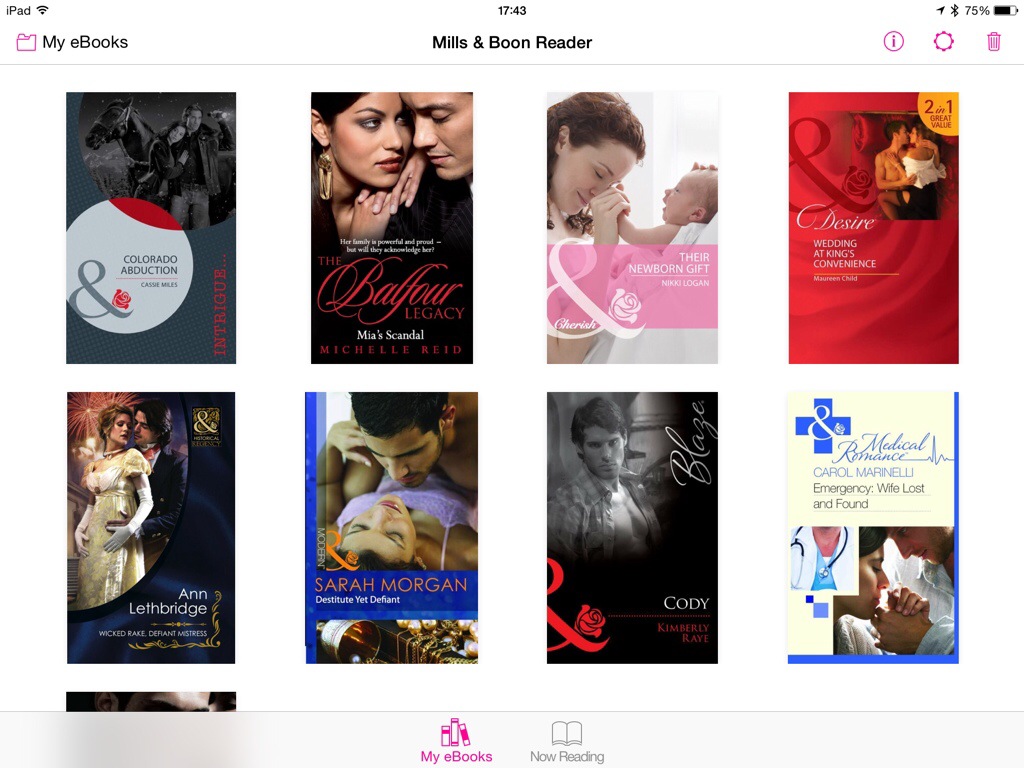 Don’t we have enough ereaders? Alongside the hardware ones like Kindle, Nook and Kobo, we have the software ones: you can read Kindle books on iPads. And iPads have iBooks.
Don’t we have enough ereaders? Alongside the hardware ones like Kindle, Nook and Kobo, we have the software ones: you can read Kindle books on iPads. And iPads have iBooks.
That’s my personal favourite: iBooks. The range of titles available is clearly much smaller than on Kindle but wherever a book is on both, I’ll buy the iBooks version. Even if it costs a little more. It’s only ever a little bit more and the reading experience is worth it. Kindle feels very clunky-ugly to me, like you’re accepting a substandard product in order to get the convenience of an ebook. Whereas iBooks just feel like books.
So I think we’re well served by iBooks and it’s pretty clear that we are very well served in volume by Kindle. What we aren’t doing is making enough money for publishers. Amazon takes money from the publishers for Kindle, Apple does the same for iBooks. Mills & Boon has decided to circumvent that by selling its own books in its own reader.
I’d be surprised if they also took the titles off iBooks and Kindle but you would certainly make the publisher happiest if you bought from them and you then read their books in their reader.
It’s not a bad ereader, either. It’s basic and it feels like you’re reading a PDF chopped up into pages but maybe you are.
What’s less clear is how much the books cost compared to other services. It’s a clunky process to sign up: you need both a Mills & Book account and an Adobe ID; I have an Adobe ID but it wasn’t recognised and I got a bit bored schlepping through setting all this up again so I admit I stopped.
I’m reminded of UltraViolet: a bunch of companies decide they don’t like paying Apple a cut so they go their own way but can’t quite pull it off. It’s as if the companies can’t agree with each other so users end up having to log in here and there and elsewhere. The need for both a Mills & Boon ID and an Adobe ID is that kind of thing.
If you’re a fan and you already have a Mills & Boon account, I’d have a go at signing up but then compare prices across all the services. I’m seeing prices vary from free to £3.49 and can’t fathom a pattern to it.
But the Mills & Boon ereader is free: you can get there here now and it comes with a few books.
